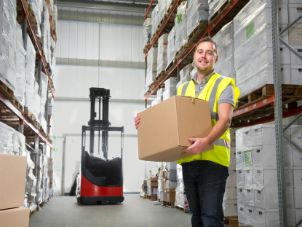Find your secure future with us
Commercial Insurance Business Owners Policy (BOP) Commercial Auto Commercial Flood Commercial Property Commercial Umbrella Data Breach Directors & Officers (D&O) Employment Practices Liability Environmental - Pollution Liability General Liability Product Liability Professional Liability (E&O) Workers Comp Personal Insurance

Need Business Insurance?
Get fast Commercial Insurance quotes for: General Liability, Workers Comp, Auto, & more:
Don't feel like filling in a form?
Skip ahead of the line & call us toll-free:
Skip ahead of the line & call us toll-free:



